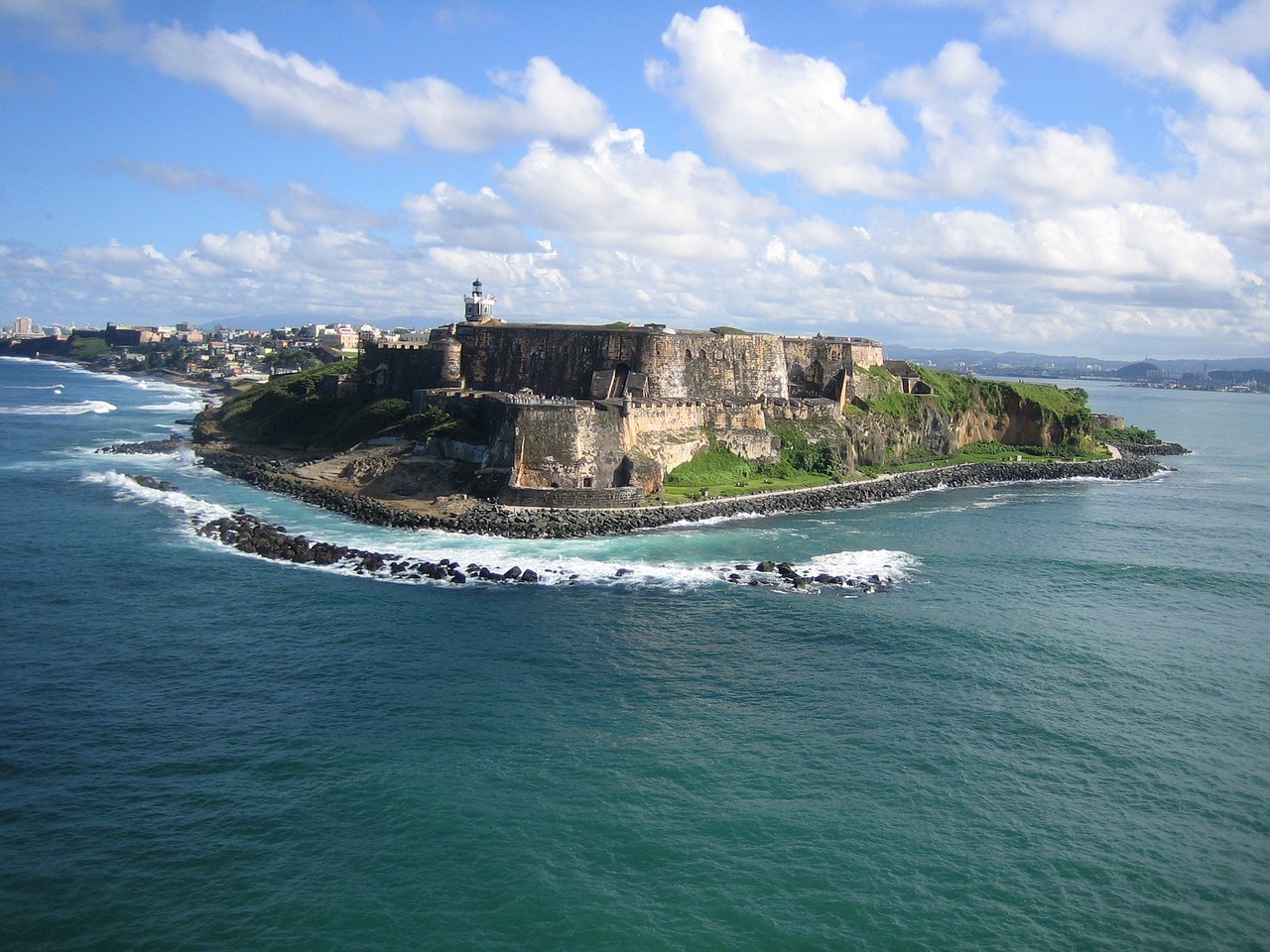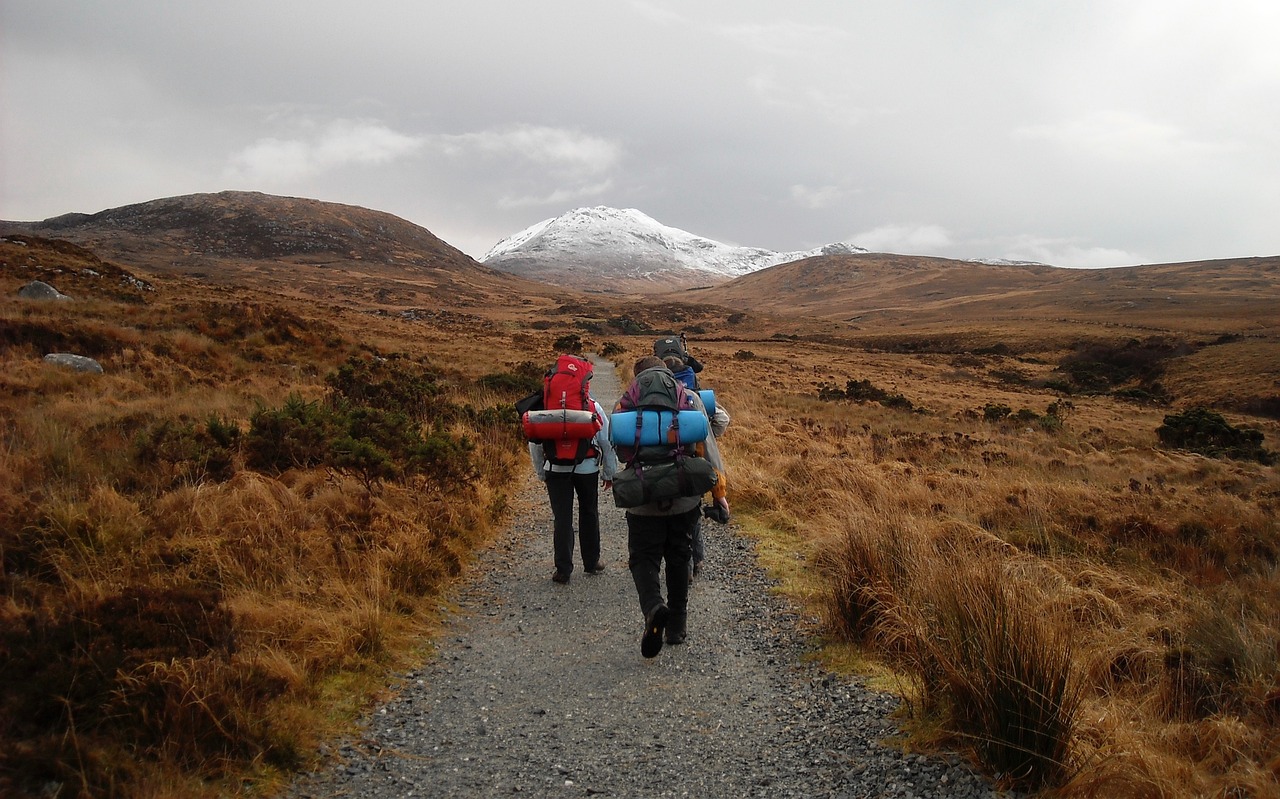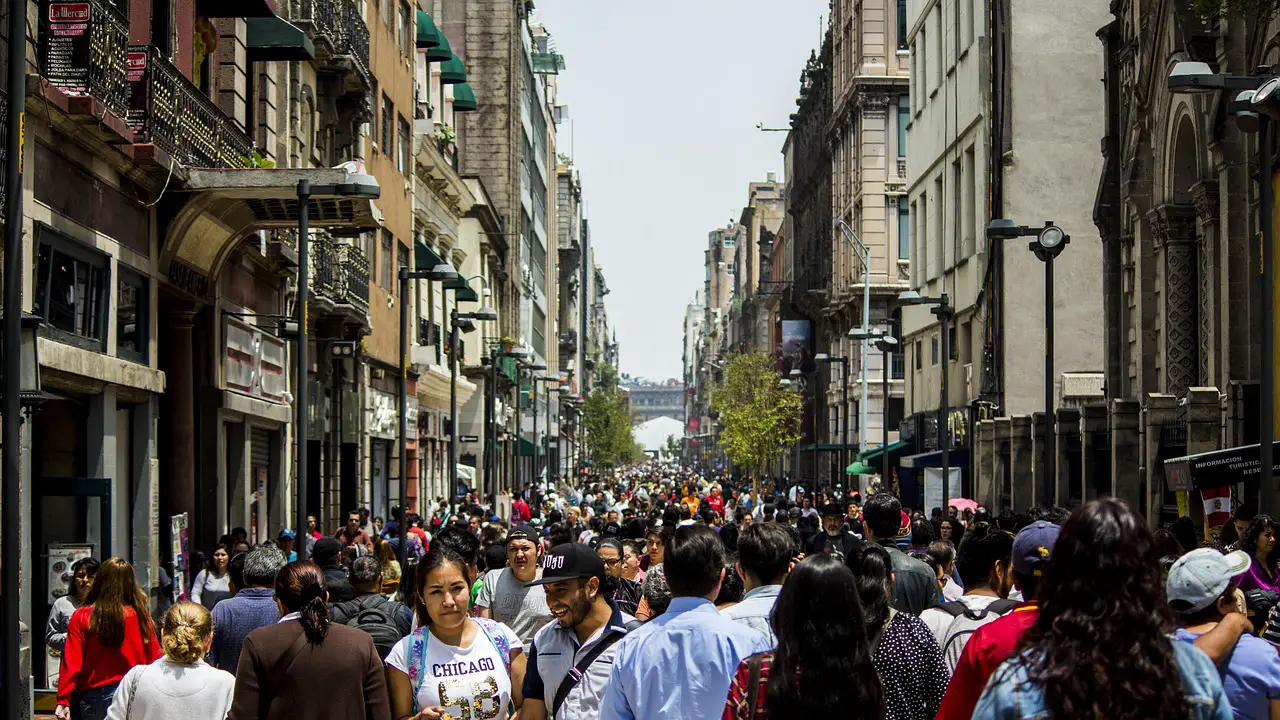Traveling is a wonderful way to explore new cultures, experience breathtaking landscapes, and create lasting memories. However, the cost of travel can often deter people from pursuing their wanderlust. The good news is that with careful planning and a few money-saving strategies, you can embark on incredible journeys without breaking the bank. In this article, we’ll share 30 valuable tips for cheap travel that will help you stretch your budget and make your travel dreams a reality.
Plan Ahead
One of the most effective ways to save money on travel is to plan your trips well in advance. This allows you to take advantage of early booking discounts on flights, accommodations, and activities. Additionally, you can research and compare prices to find the best deals.
Travel Off-Peak
Choosing to travel during off-peak seasons can result in significant savings. Airfare, accommodations, and even tourist attractions tend to be cheaper when demand is lower. Plus, you’ll avoid the crowds and have a more relaxed experience.
Be Flexible with Dates
If your schedule allows, be flexible with your travel dates. Airlines and hotels often offer lower prices on certain days of the week or during specific times of the year. Use flexible date search options when booking flights to find the best deals.
Use Fare Comparison Websites
Utilize fare comparison websites like Skyscanner, Kayak, or Google Flights to compare prices from various airlines and booking platforms. These tools can help you find the cheapest flights and save on your airfare.
Sign Up for Fare Alerts
Subscribe to fare alerts from airlines and travel websites to receive notifications when prices drop for your desired destinations. This allows you to book tickets at the lowest possible rates.
Consider Budget Airlines
Budget airlines often offer cheaper flights than their larger counterparts. While you may sacrifice some amenities, the savings can be substantial. Just be sure to read the fine print regarding baggage fees and other potential extra costs.
Use Rewards Points and Miles
If you have credit cards that offer travel rewards or frequent flyer miles, use them to offset the cost of flights, accommodations, and more. Be sure to research the best redemption options to maximize your savings.
Travel Light
Pack only the essentials and avoid checked baggage fees by traveling with a carry-on. This not only saves you money but also makes your journey more convenient and efficient.
Consider Alternative Airports
Sometimes flying into or out of smaller airports nearby can result in cheaper fares. Be open to using alternative airports, but also factor in transportation costs to reach your final destination.
Embrace Public Transportation
Instead of relying solely on taxis or rental cars, use public transportation to get around. It’s often much more affordable and allows you to experience a destination like a local.
Walk and Explore on Foot
Save money on transportation within cities by walking or biking to explore local attractions. Not only will you save on fares, but you’ll also have a more immersive experience.
Use Ride-Sharing Services Wisely
If you do choose to use ride-sharing services like Uber or Lyft, compare prices and use promo codes or discounts when available. Consider sharing rides with fellow travelers to split costs.
Book Accommodations Wisely
When it comes to accommodations, you have a variety of options to consider:
Hostels: Hostels offer budget-friendly dormitory-style rooms, perfect for solo travelers or those on a tight budget.
Airbnb: Renting a private room or entire apartment on Airbnb can be more cost-effective than traditional hotels.
Guesthouses: Guesthouses and inns often provide affordable and comfortable lodging options.
Camping: If you’re an outdoor enthusiast, camping can be a low-cost way to enjoy nature and save on accommodations.
Stay with Locals
Consider staying with locals through platforms like Couchsurfing or connecting with hosts through social networks. This not only saves money but also provides an opportunity to learn about the destination from a resident’s perspective.
Loyalty Programs
Join hotel loyalty programs to earn rewards and discounts on future stays. Frequent guests can often enjoy perks like free nights or room upgrades.
Cook Your Meals
Eating out for every meal can quickly drain your budget. Opt for accommodations with kitchen facilities to prepare your own meals or enjoy street food and local markets for affordable dining options.
BYOB (Bring Your Own Bottle)
Carry a reusable water bottle and refill it throughout the day to avoid spending money on bottled water. This small change can add up to significant savings during your trip.
Research Local Deals and Discounts
Before embarking on your trip, research local deals, coupons, and discounts for attractions, restaurants, and activities. Websites like Groupon and local tourist information centers can be valuable resources.
Learn Basic Phrases
Learning a few basic phrases in the local language can go a long way in saving money. Locals appreciate the effort, and you may receive better deals and more authentic experiences.
Avoid Tourist Traps
Tourist areas often have higher prices, so venture beyond the typical tourist spots to find more affordable and authentic experiences. Explore neighborhoods where locals live and shop.
Use Student or Youth Discounts
If you’re a student or under a certain age, take advantage of discounts available to you. Many museums, transportation providers, and attractions offer reduced rates for students and young travelers.
Travel with a Group
Group travel can lead to substantial savings on accommodations, transportation, and even guided tours. Splitting costs with friends or joining group tours can make your trip more budget-friendly.
Pack Snacks
Carry snacks with you when exploring a destination to avoid expensive impulse purchases. Having something to munch on can also be a lifesaver during long journeys.
Consider Overnight Transportation
Opt for overnight buses or trains for long-distance travel. This allows you to save on one night’s accommodation while covering ground during your sleep.
Use Local Currency
When making purchases, opt to pay in the local currency rather than using your credit card’s currency conversion, which often includes additional fees.
Avoid ATM Fees
Choose banks that offer fee-free ATM withdrawals or get a travel-friendly credit card with no foreign transaction fees to avoid costly currency exchange charges.
Travel Insurance
While it may seem counterintuitive to spend money on travel insurance, it can save you a significant amount in the event of unexpected cancellations, medical emergencies, or lost baggage.
Research Visa Requirements
Check the visa requirements for your destination well in advance. Some countries offer visa-free entry or visa-on-arrival for certain nationalities, which can save you time and money.
Limit Souvenir Spending
Set a budget for souvenirs and stick to it. Consider purchasing meaningful, locally-made items rather than generic trinkets.
Track Your Expenses
Keep a record of your expenses throughout your trip to stay within your budget. This awareness can help you make necessary adjustments and ensure you don’t overspend.
Traveling on a budget is not only possible but also a rewarding and enriching experience. By implementing these 30 tips for cheap travel, you can explore the world without worrying about breaking the bank. Remember that it’s not just about saving money but also about creating memorable adventures, meeting new people, and gaining a deeper understanding of different cultures. So pack your bags, follow these tips, and embark on your next affordable adventure with confidence.
Additional Tips for Cheap Travel:
Use Travel Apps
Download travel apps like TripAdvisor, Yelp, or Google Maps to find the best local restaurants, activities, and attractions. These apps often provide user reviews and ratings, helping you make informed choices while saving money.
Explore Free Attractions
Many cities offer a variety of free attractions, such as museums, parks, and historical sites. Research and prioritize these options to enjoy a mix of paid and free experiences.
Volunteer or Work Exchange Programs
Consider participating in volunteer programs or work exchanges that provide accommodation and sometimes meals in exchange for your time and skills. Websites like Workaway and HelpX connect travelers with hosts seeking assistance.
Travel in a Group
Traveling with a group of friends or family members can lead to cost savings on accommodations, transportation, and shared expenses. Plus, it can enhance your overall travel experience.
Utilize Travel Insurance Benefits
Check your travel insurance policy to see if it offers benefits such as trip cancellation coverage or emergency medical assistance. These benefits can save you money in unexpected situations.
Haggle and Negotiate
In many countries, bargaining is a common practice in markets and with street vendors. Don’t be afraid to negotiate prices to get the best deals on souvenirs and local products.
Explore Nearby Destinations
Instead of flying to a distant location, consider exploring nearby destinations that can be reached by train, bus, or even a short road trip. This can reduce transportation costs significantly.
Use a VPN for Booking
Sometimes, booking websites show different prices based on your location. Use a virtual private network (VPN) to change your IP address and compare prices from different regions to find the lowest rates.
Travel Overnight to Save on Accommodations
When traveling long distances, consider taking overnight transportation options like buses or trains. This way, you can save on one night’s accommodation while traveling to your next destination.
Share Expenses with Travel Companions
If you’re traveling with friends or family, share expenses like accommodation and food costs. This can lead to substantial savings compared to solo travel.
Learn About Local Tipping Customs
Tipping practices vary from country to country. Research and understand the local customs to avoid over-tipping or under-tipping, which can affect your budget.
Buy Travel Insurance Early
Purchase travel insurance as soon as you book your trip. This way, you’ll be covered in case you need to cancel your plans due to unexpected events, such as illness or family emergencies.
Use Public Wi-Fi
Avoid using expensive data plans or roaming charges by connecting to public Wi-Fi networks whenever possible. Just be cautious about security when using open networks.
Shop at Local Markets
Support local economies and find affordable souvenirs and goods by shopping at local markets instead of touristy shops. You’ll often find unique items at lower prices.
Research Visa and ATM Fees
Some banks charge foreign transaction fees when using your credit card abroad. Choose a card with no such fees to save money on your purchases.
Stay Healthy
Take preventative measures to stay healthy while traveling, such as drinking clean water and eating well. This can help you avoid medical expenses and potential travel disruptions.
Skip Unnecessary Tours
While guided tours can be informative, they often come at a premium price. Explore destinations on your own using maps and travel guides to save on tour fees.
Consider Long-Term Travel
If you have the flexibility, consider long-term travel options, such as working remotely or taking a sabbatical. This allows you to immerse yourself in a destination while spreading out your expenses over a longer period.
Be Mindful of ATM Withdrawals
Plan your cash withdrawals strategically to avoid ATM fees. Use ATMs affiliated with your bank or withdraw larger amounts less frequently to minimize charges.
Research Transportation Passes
Many cities offer transportation passes that provide unlimited access to buses, trams, and subways for a fixed fee. These passes can be cost-effective if you plan to use public transport extensively during your stay.
Traveling on a budget requires careful planning, resourcefulness, and a willingness to explore alternative options. By implementing these additional 20 tips for cheap travel along with the initial 30, you’ll have a comprehensive toolkit to make your travels not only affordable but also enjoyable and memorable. Remember that the key to successful budget travel is finding a balance between saving money and experiencing the essence of your chosen destination. So, start planning your next adventure with confidence, knowing that you can explore the world without breaking the bank.














